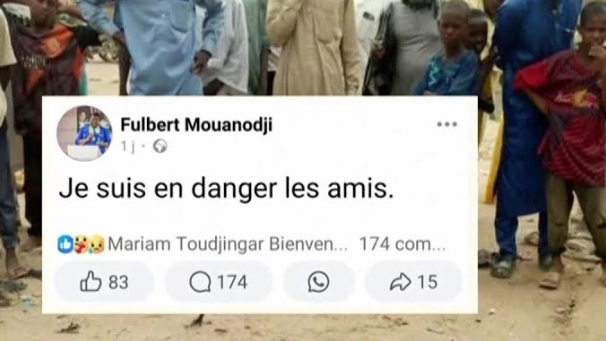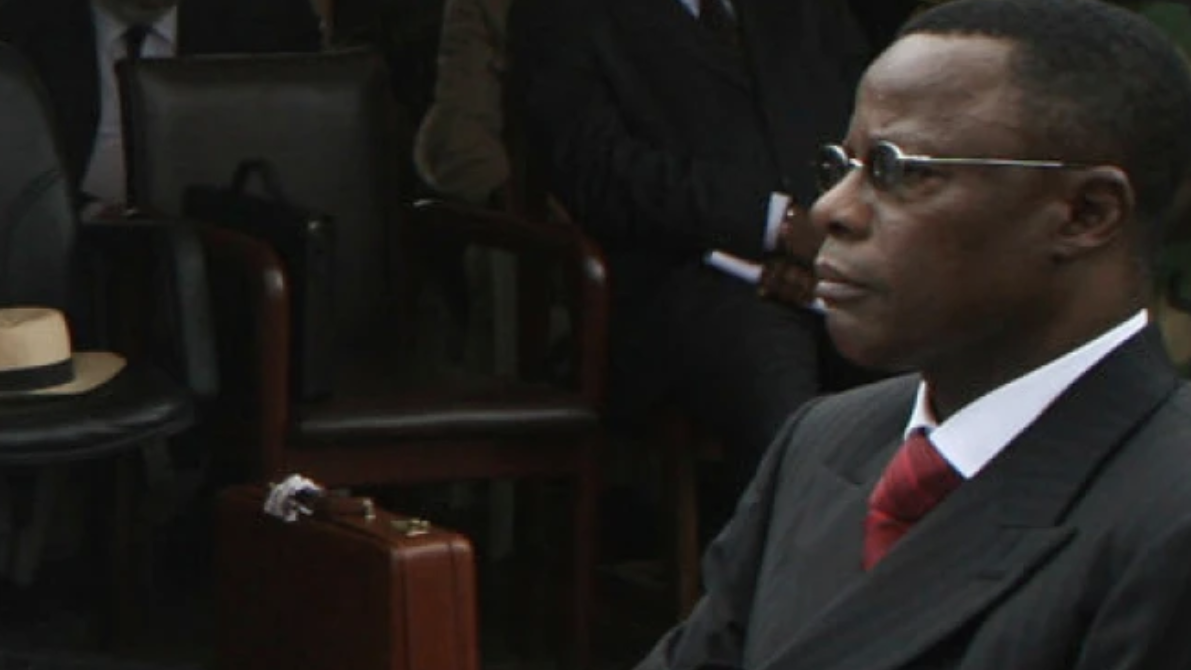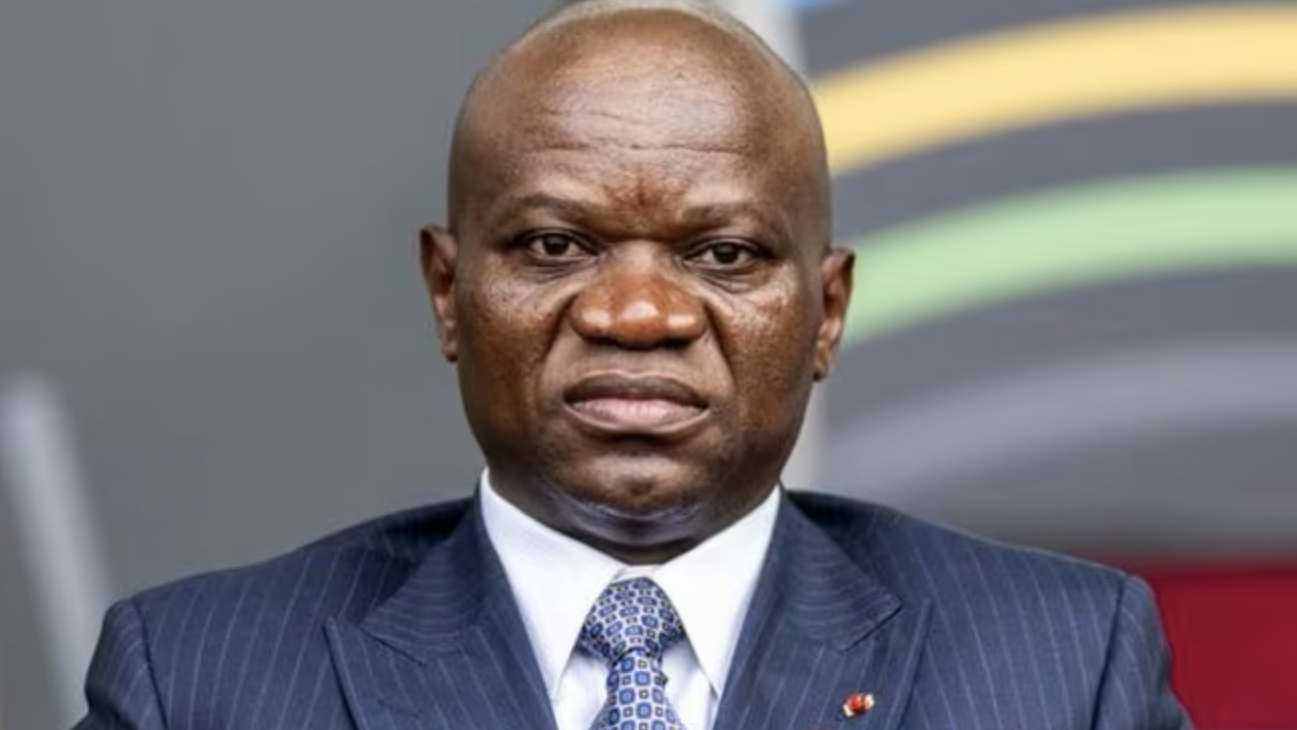
Chad: What do we really know about the death of Fulbert Mouanodji?
In Chad, the discovery of the charred body of senior civil servant Fulbert Mouanodji on August 2, 2025, in Abéché has shaken the country. While the prosecution has suggested suicide by gasoline, the family is crying foul. The promised investigation is of little use. The silence of the states raises the question: can we trust an independent investigation?
A violent death, an ignored call
The scene is chilling. On the morning of August 2, 2025 , in Abéché, the body of Fulbert Mouanodji , former chief of staff of the general delegate to the province of Ennedi-Est, was found burned alive, set ablaze with gasoline in the street.
The day before, he had posted a message on Facebook: "I am in danger, my friends." There was no response from the state, no support: this cry remained without official echo.
Images of the scene, broadcast on social media, sent shockwaves through Chad, mixing horror and collective revolt.
Official suicide, murder claimed
The Attorney General of Abéché announced that Fulbert Mouanodji had deliberately set himself on fire : two bottles of gasoline purchased, a public gesture, suicide in front of witnesses. This would be the conclusion of an ongoing investigation, but according to him, it is only just beginning.
But the official version clashes head-on with the account of his relatives. His sister denounces: "If he had wanted to kill himself, he would have done it in N'Djamena, near his family."
A cousin mentions a bullet mark on his thigh in the images of his body, claims that Fulbert repeatedly said he was being followed by intelligence agents on his bus, and that he had received suspicious visitors after a public discussion in N'Djamena on the political situation. For him, "it's simply an assassination."
The disappearance of the autopsy, the hasty burial without consultation, the decision not to repatriate the body to N'Djamena fuel suspicion: an administrative repression, without transparency, without dignity.
Why does the family reject the suicide theory?
Three elements underlie the disbelief of those close to them.
First, the half-hearted messages of danger, which describe a real and growing fear. Second, Fulbert's confidences about a stormy meeting in a N'Djamena bar with intelligence agents, followed by palpable fear. Third, a scene too violent to coincide with a suicide, according to the family: the state of the body, the traces, the environment, everything suggests fear of external violence.
The rapid burial without an autopsy, while relatives called for the repatriation of the body to provide a dignified and transparent funeral, is seen as an attempt to stifle any serious investigation.
An independent investigation?
Officially, an investigation has been opened. The prosecutor assures that the investigation is beginning. But for the public and family members, this is not enough. An independent commission is needed, international or at least led by honest magistrates, with an autopsy, witness hearings, video examination, verification of routes, messages, and the origin of the threats. Without this, any conclusion will remain suspect.
This case highlights structural weaknesses: a sensitive border area, the omnipresent presence of security agents, and a climate of impunity. Observers speak of a harmful environment for civil servants in the most exposed provinces—where free speech too often becomes a threat.
Towards a citizen shock wave
The death of Fulbert Mouanodji has become a source of scandal. On Chadian social media and in the diaspora, people are outraged. They question the state, the silence, and the weakness of the judicial system. They demand justice, transparency, and reparation. Citizens, colleagues, and fellow citizens recall that he was a calm, uneventful, and committed man.
This deeply divisive story raises an underlying question: can we still believe in the impartiality of institutions when they are stakeholders?



Leave a comment
This site is protected by hCaptcha and the hCaptcha Privacy Policy and Terms of Service apply.